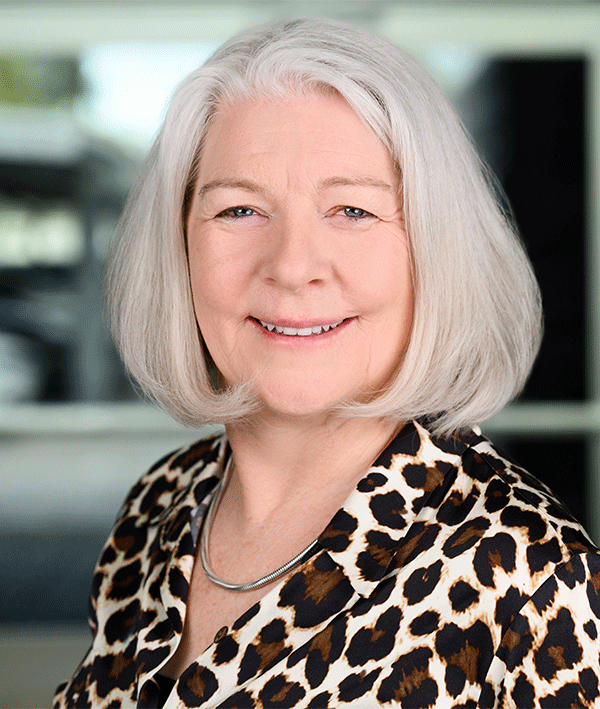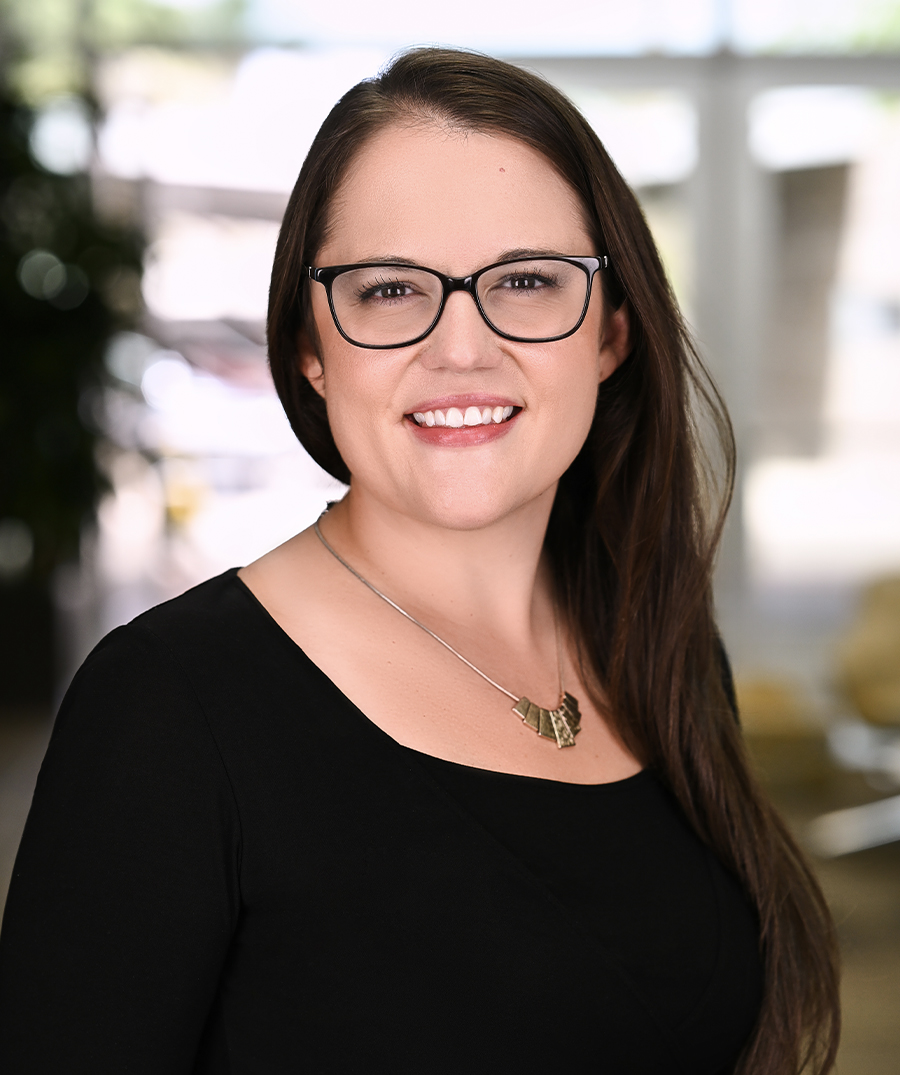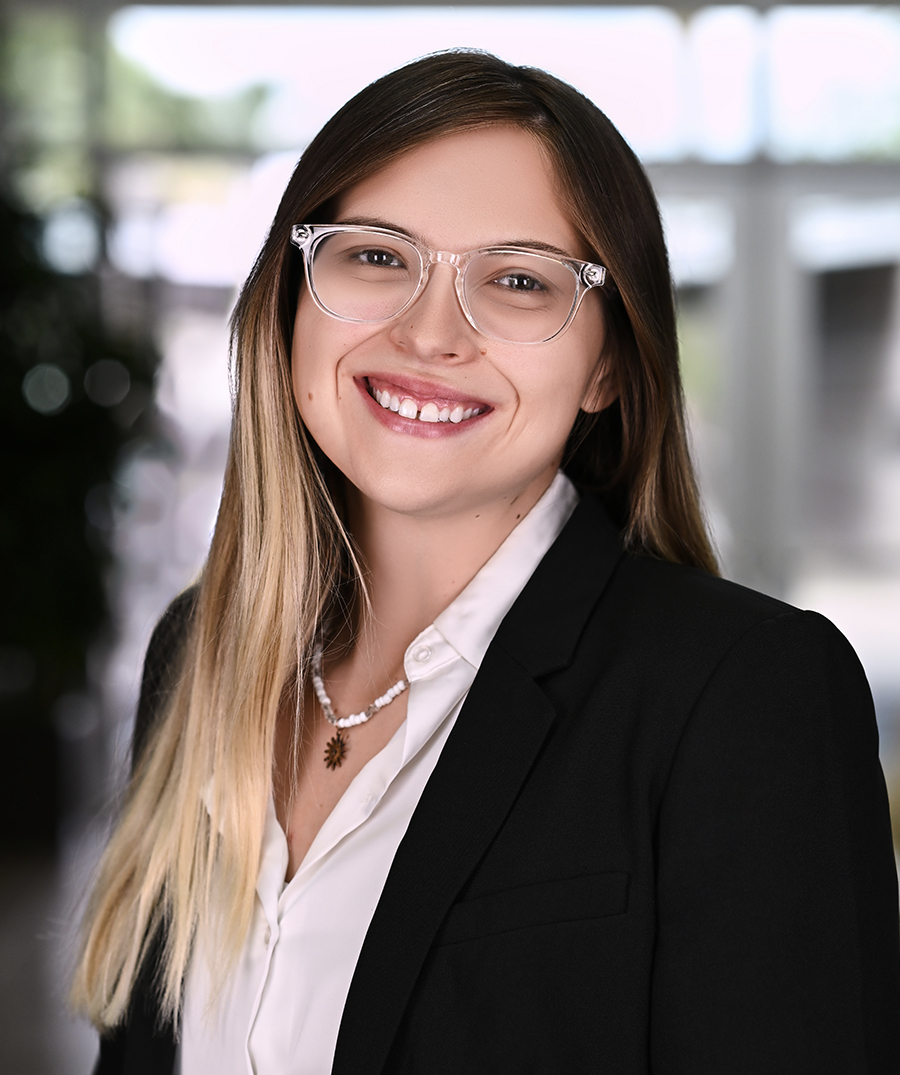
Flinn Foundation funds Arizona research teams to drive discoveries into clinical settings

Each year, the Flinn Foundation funds about 10 research teams affiliated with an Arizona university, research institution, or health-care system that are advancing new products or services addressing significant clinical needs.
The Flinn Foundation Seed Grants to Promote Translational Research Program awardees each receive a $100,000 grant over 18 months, plus programmatic benefits. At the end of the grant period, up to two of the most successful projects may receive up to an additional $100,000 over the following year.
Each supported team will use the 18-month grant period to de-risk its product/process, refine its design, and/or acquire key validation data and stakeholder feedback—and secure, or have a well-defined plan to secure, new sources of funding to advance toward positive patient impact.
The most recent awardees—three from Arizona State University, two from Mayo Clinic, and five from the University of Arizona—were announced in January 2024. The Tom and Catherine Culley Charitable Trust is contributing $200,000 to support the two cancer-specific projects.
The Flinn Foundation Seed Grants to Promote Translational Research Program is not accepting applications at this time.
Who Should Apply
The Flinn Foundation seeks proposals from teams with innovative solutions to well-defined and compelling clinical needs in the areas of precision medicine, diagnostics, devices, therapeutics, and health-care delivery processes. Proposed projects must have reached a point where they have significant potential to turn bench results into viable products or systems impacting patients in Arizona and beyond. (See Seed Grants Scoring Rubric)
This program supports teams that include both scientists and clinicians affiliated with Arizona-based research institutions and/or health-care systems. Funded projects must focus on bringing new products and services to benefit patients.
Eligibility
For a research team to qualify for the program:
- The principal investigator must be employed by an Arizona-based, nonprofit academic- or medical-research institution or health system;
- The proposed product and/or process must address a clearly defined, compelling clinical need; and
- The project team must have a blend of skills (e.g., scientific, clinical, engineering, business, regulatory) to meet the proposal goals.
Benefits
Beyond the $100,000 grant, the program provides:
- Membership during the grant period on Arizona’s Bioscience Roadmap Steering Committee;
- Connections with research and industry experts;
- Quarterly check-ins and workshops to enhance teams’ skillsets in product development and commercialization; and
- Referrals to programs, resources, and product-development/product-launch experts.
“This grant was integral for acquiring preliminary data for the project, and we’ve benefited so much from the amazing community of awardees and the Flinn team.”
Julianne Holloway, Ph.D.
Principal Investigator, Arizona State University in partnership with Mayo Clinic: “Designing biomimetic fibrous scaffolds with spatially controlled mineralization for augmenting rotator-cuff repair”
Use of Funds
The PI’s home institution will administer the grant; up to 10% of funds are allowable for administrative or institutional fees (indirect costs).
Grant funding can cover or offset expenditures such as:
- Program-related lab expenses (materials, support staff, analysis).
- Prototype development, testing, and validation.
- Animal-model tests.
- Publication of data.
- Development/refinement of business plan and customer discovery.
- Development of proposals for follow-on funding from Small Business Innovation Research funds, National Institutes of Health grants, angel investments, philanthropic funds, etc.
The Flinn Foundation may permit other uses of funds if deemed appropriate in the context of program goals and the nature of the team’s research. Funds may not support salaries, benefits, or other compensation of the PI or co-PI(s), or be applied toward prior debt.
Program Expectations
Expectations of Project Teams
Selected teams will report quarterly and regularly present their case to scientific and industry leaders. By the end of the grant period, successful teams will significantly de-risk their product/process, refine their design, and/or acquire critical validation data. They will secure or have a well-defined plan to secure new funding to carry their project forward to real-world impact.
Ideally, prior to the start of the grant period, the PI should have IRB approval and a plan for addressing intellectual property issues with their institution, including ownership and licensing of technology.
Expectations of the Institution
The PI’s home institution must provide a letter of support signed by the Vice President of Research or their designee. The institution should have worked with the PI to secure IP or be in the process of doing so, with a path to agreement on licensing or ownership of the IP.
Contact
For more information about the program or to learn about future application opportunities, contact Mary O’Reilly, Ph.D., Flinn Foundation Vice President, Bioscience Research Programs.
Background
In 2002, the Flinn Foundation commissioned creation of Arizona’s Bioscience Roadmap, the long-term strategic plan to advance Arizona’s bioscience sector. The plan, updated in 2014, includes five overarching goals.
The Roadmap’s second goal is “to increase the ability of research-performing institutions to turn bench research results into improved disease and illness prevention, detection, and treatment.”
The Seed Grants to Promote Translational Research Program helps the state reach this goal by funding research projects that focus on creating new products and services to benefit patients.
The most recent grants, announced in January 2024, were awarded to Arizona State University, Mayo Clinic, and the University of Arizona.
Since 2013, the Flinn Foundation has awarded 73 seed grants totaling about $8.5 million.
- Read the January 2024 announcement of the 10 new grantees
- Learn about current and past program participants
- View an information session slide presentation from the last application cycle
- See testimonials in this program brochure from the last application cycle



